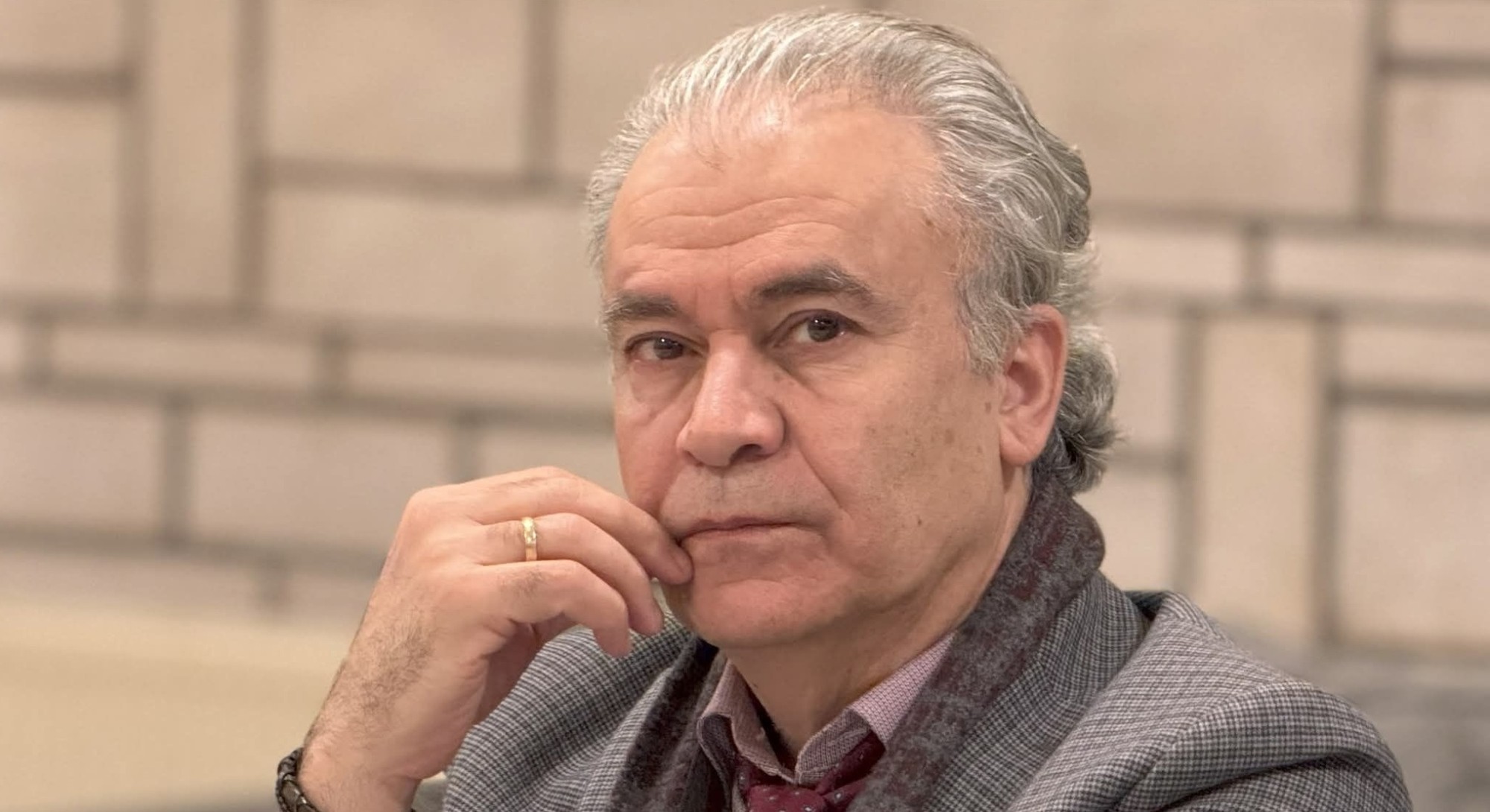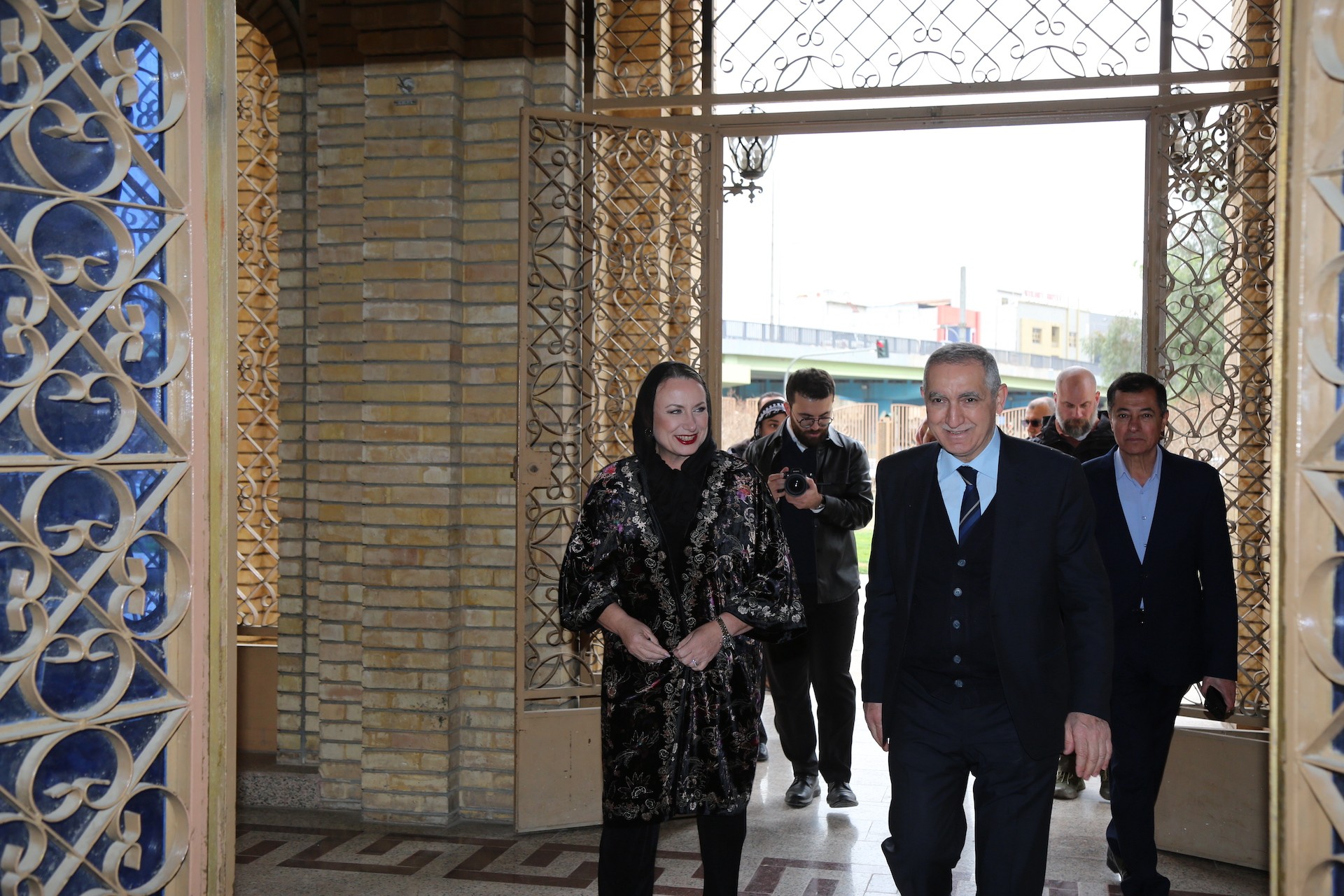The Pentagon released the 2025 Defense Budget Request on March 11, which includes a huge increase in support for the Ministry of Peshmerga Affairs (MoPA) through the Counter-ISIS Train and Equip Fund (CTEF), a fund established to support forces combating ISIS.
Michael Patrick Mulroy, who served as U.S. Deputy Assistant Secretary of Defense between 2017 and 2019, told Kurdistan Chronicle that the United States trusts the peshmerga forces. “They have proven their capabilities and partnership many times over. I believe once we pass the budget there will be funding.”
The CTEF allocation for the MoPA saw a substantial increase from $1 million in 2023 to $4.9 million in 2024. By 2025, it further increased to nearly $58 million, designated for equipment and support to the peshmerga.
Read More: Peshmerga: The Hope for a Nation
Additionally, $60 million was allocated to fully equip two joint Iraqi-peshmerga brigades to operate in the disputed territories, with the aim of eliminating a security gap between federal Iraq and the Kurdistan Region that was created after Iraqi forces attacked Kurdish forces in October 2017 following the independence referendum. According to the latest Pentagon Inspector General quarterly report published on February 9, one of the brigades began initial training in December.
Another $60 million was designated for stipends within the MOPA. However, in the previous Defense Budget Request of 2024, MoPA stipends were higher, at $75 million. In 2023, the enacted Defense Budget allocated $240 million in stipends.
Dana Stroul, the former Deputy Assistant Secretary of Defense for the Middle East from 2021 until 2023, told Kurdistan Chronicle on March 12 that as “stipend support gradually reduces, there is more flexibility in the CTEF allocation for Iraq to increase training and equipping.”
She also said that the U.S. government “has remained committed to supporting the peshmerga forces, as well as the government and people of the Kurdistan Region.”
Read More: Prime Minister Barzani Concludes U.S. Visit
For example, on February 29, the U.S. Acting Under Secretary of Defense for Policy Sasha Baker hosted Kurdistan Regional Government (KRG) Prime Minister Masrour Barzani and his senior delegation at the Pentagon, emphasizing the United States’ long-standing commitment to continued partnership with the people of Iraq, including the KRG.
“They discussed recent milestones in peshmerga reforms. The Department of Defense views the peshmerga as a critical partner, and seeks to support the MoPA to continue to reform its operations, management, and training,” Stroul added.
Read More: Peshmerga Chief of Staff Visits US Army Training Centre
She also added that the memorandum of understanding signed by the Department of Defense and the MoPA in 2022 committed to providing support to the peshmerga, but only if key reforms continue.
Peshmerga troops are split between political factions, with 70 units under the Patriotic Union of Kurdistan and 80 units under the Kurdistan Democratic Party. The goal of the peshmerga reform project is to unite these units under the MoPA, but the process has been slowed down due to disputes between the ruling parties, as confirmed by the recent Pentagon Inspector General report.
“This is an area of constant dialogue between the two sides,” Stroul explained. “The Department of Defense needs to be able to tell Congress and the American people that their investment is improving peshmerga capabilities and contributing to security and stability in the region."
However, the U.S. Congress has not yet passed the 2024 budget, making it more challenging for the Pentagon to formulate plans.
Pentagon Press Secretary Major General Patrick Ryder on March 12 told reporters that he could not comment on the 2024 budget bill and whether it would equip the peshmerga and Iraqi security forces with air defense systems.
“We’re still waiting for the 2024 budget to be passed. So at this point, you know, that’s step one,” he said. “We call on Congress to pass that budget, at which time we may have more to talk about.”
Stroul added that much of the debate surrounding the budget in Washington, D.C., is focused on domestic issues, which will slow down passage of the entire budget.
“The president announced his preferred budget on March 11, kicking off an extended period of debate, which will be more contentious this year given that it is a presidential election year in the United States,” Stroul said.
“This is a risk to U.S. foreign policy priorities – the Department of Defense needs predictability in its budget levels in order to plan its activities, deployments, and investments. Failure to pass the budget could have negative implications for the kinds of support that the Department of Defense provides to its partners, including the Iraqi security forces and the peshmerga forces.”
Read More: Kurdistan Forms New Unified Infantry Divisions of Peshmerga Forces, including Minorities
Entifadh Qanbar, President and Founder of the Kurdish Protection Action Committee, added that the increase in the Pentagon budget for the peshmerga forces is a step in the right direction.
“I believe that the peshmerga are the most reliable U.S. partners outside of NATO, and the budget increase is a reflection of a productive and growing partnership. These positive steps would have not happened without continuous efforts to highlight the role of peshmerga in the war against terrorism and the balance of powers in the region due to increasing Iranian hegemony and expansionism.”
“Prime Minister Barzani’s exceptional leadership and consistent message to the United States, crowned by his recent visit to Washington, cemented the Kurdish-American partnership and is a direct result of his relentless work. Our goal is for the United States to arm and transform the peshmerga into a conventional defense army capable of protecting the borders and skies of the Kurdistan Region and Iraq from terrorism and aggression and playing a vital role in a sustainable peace stability in the region.”

